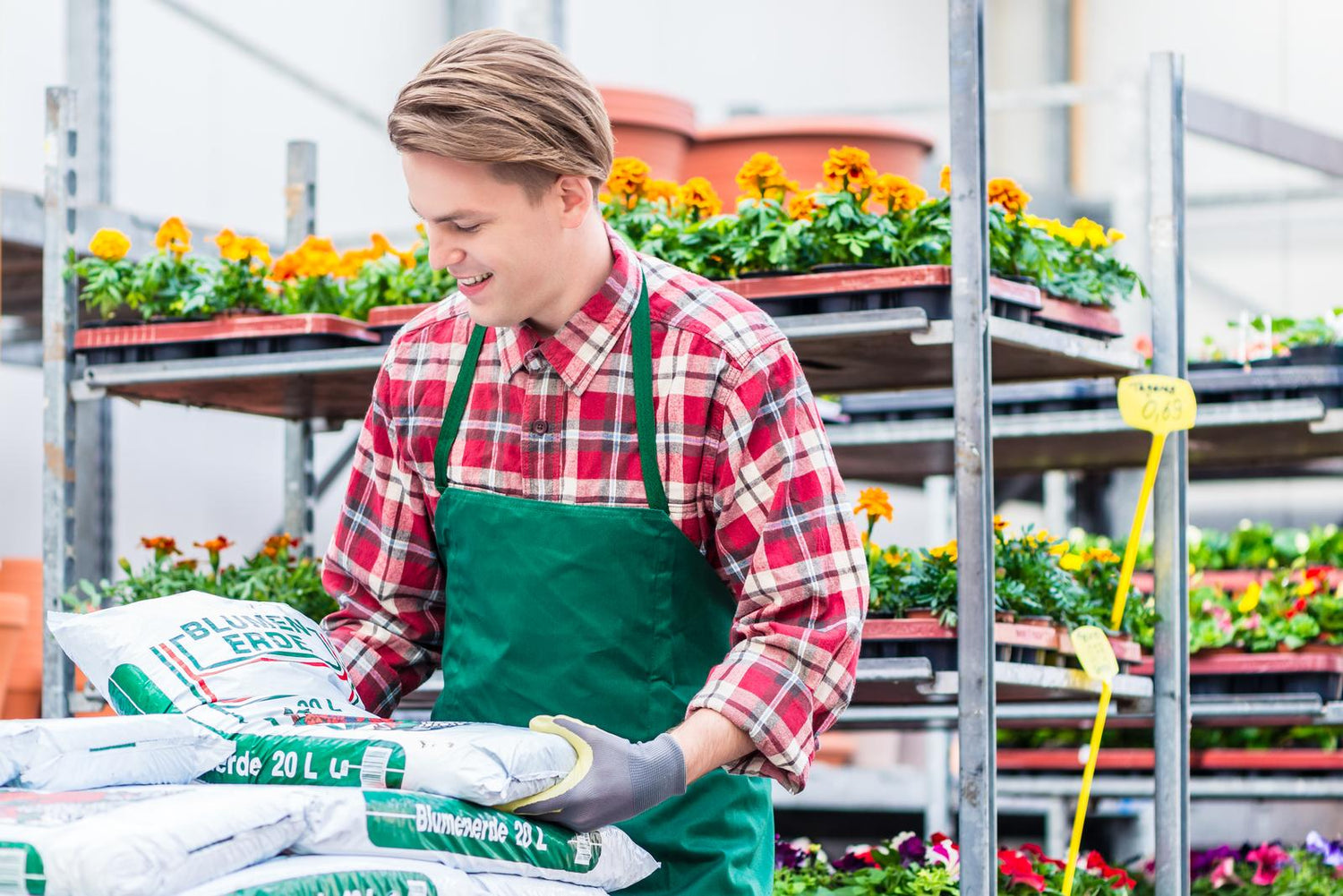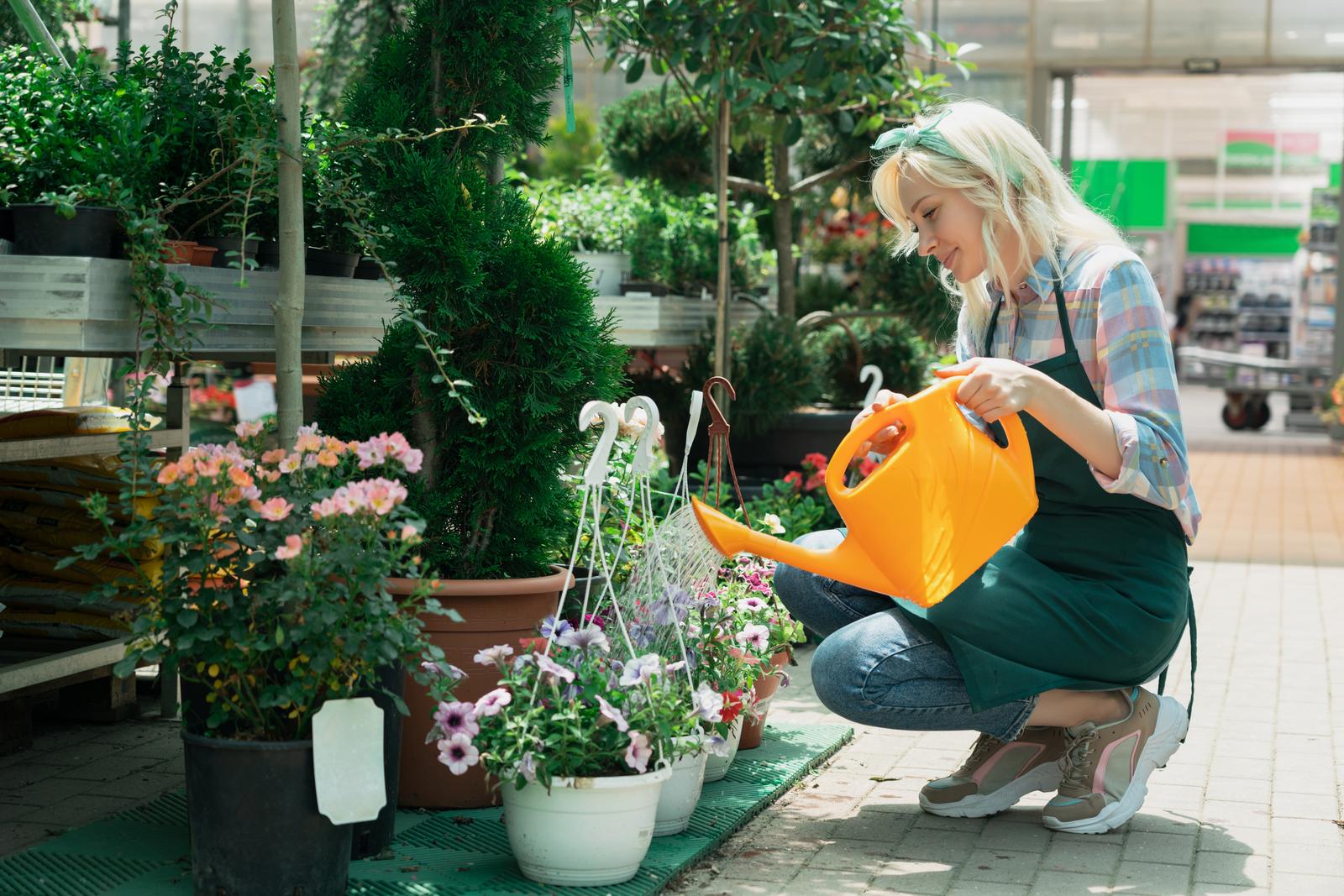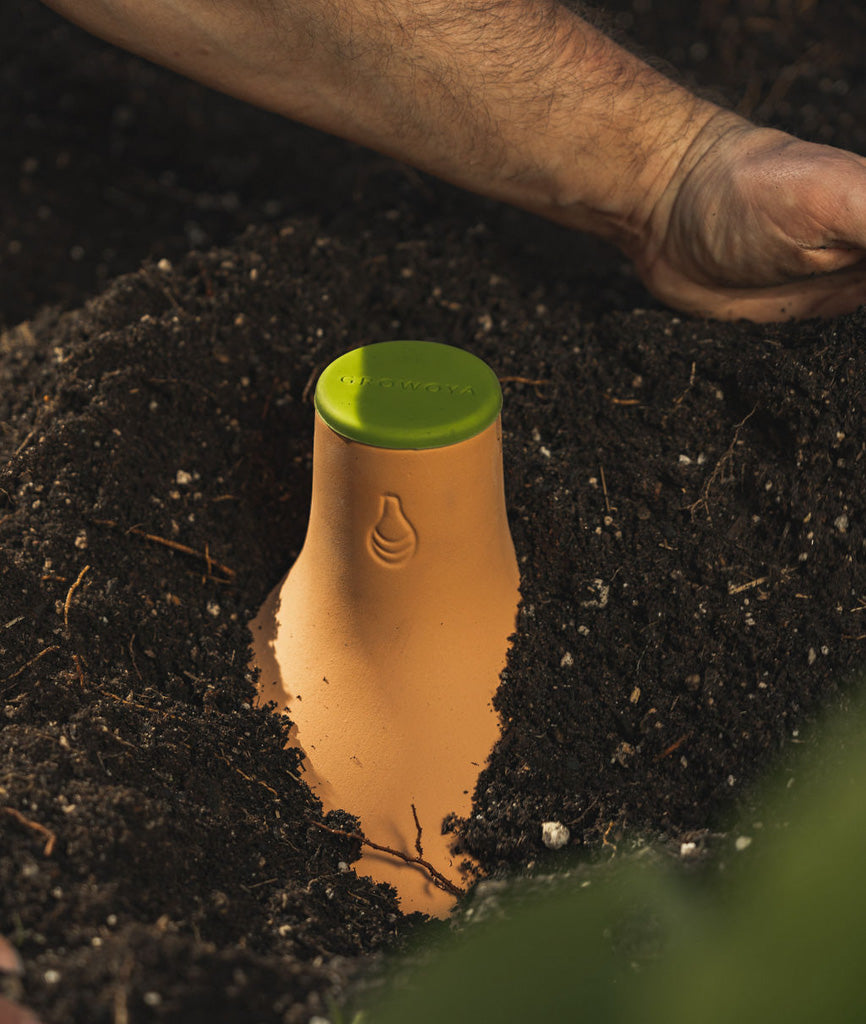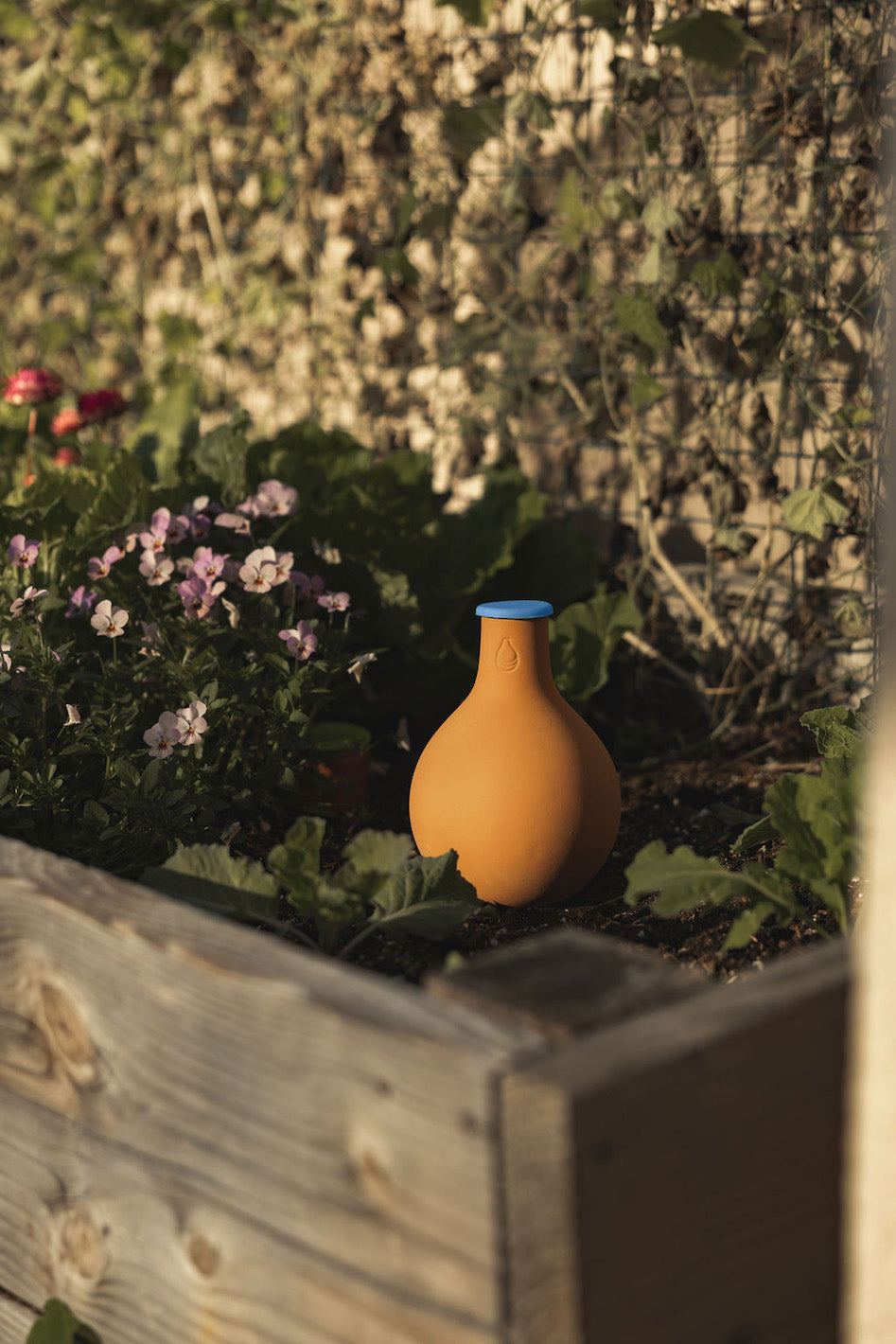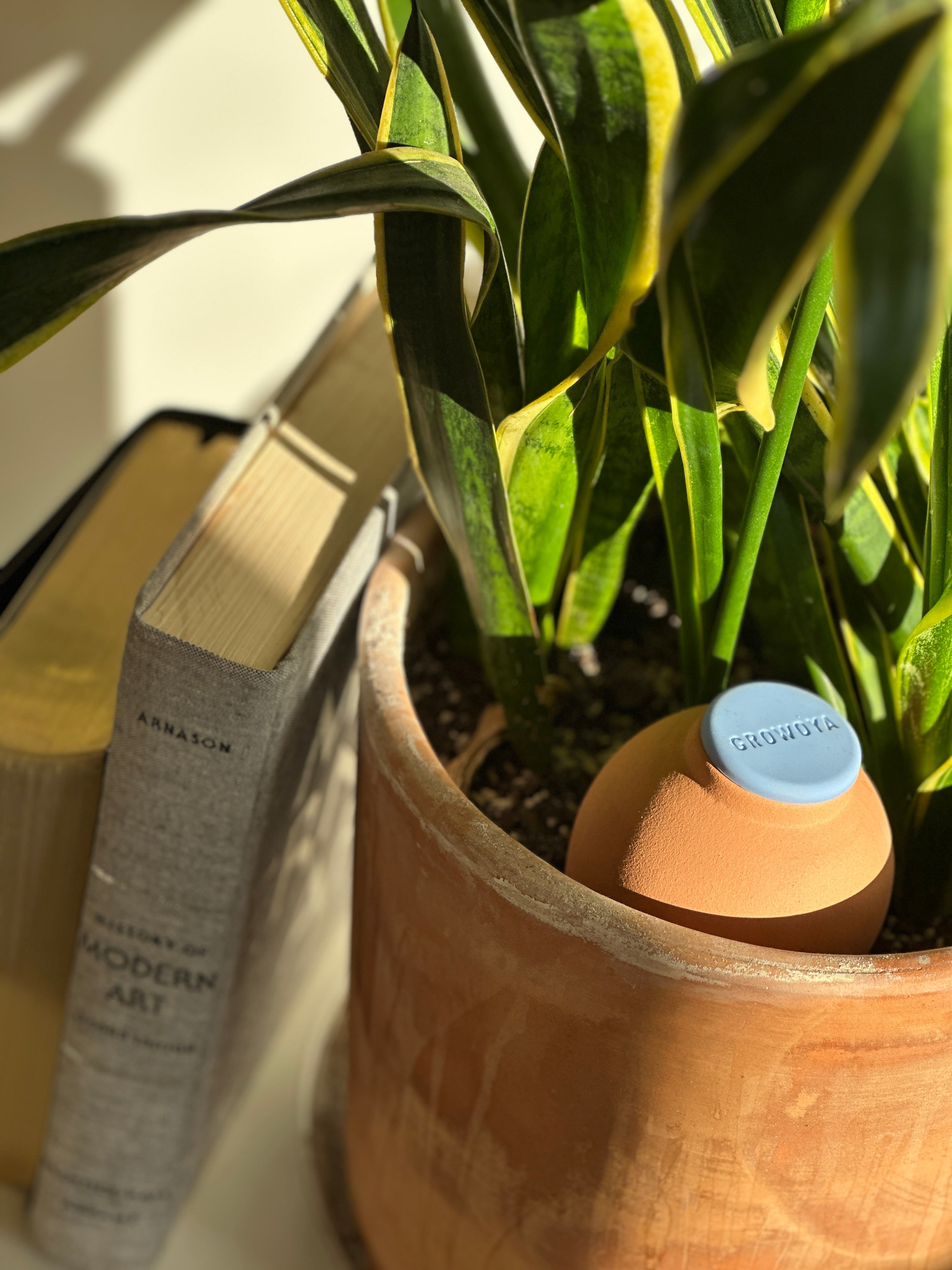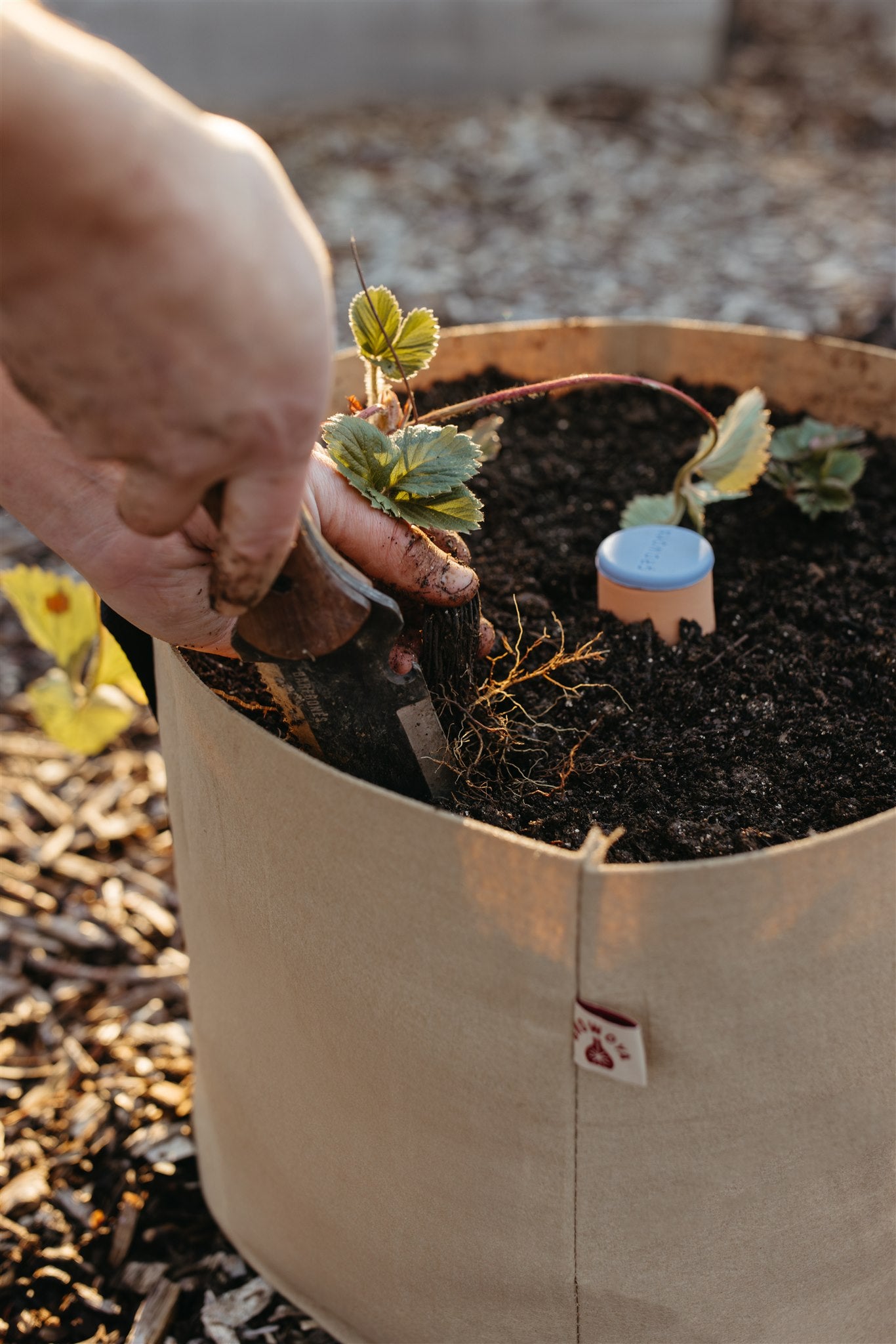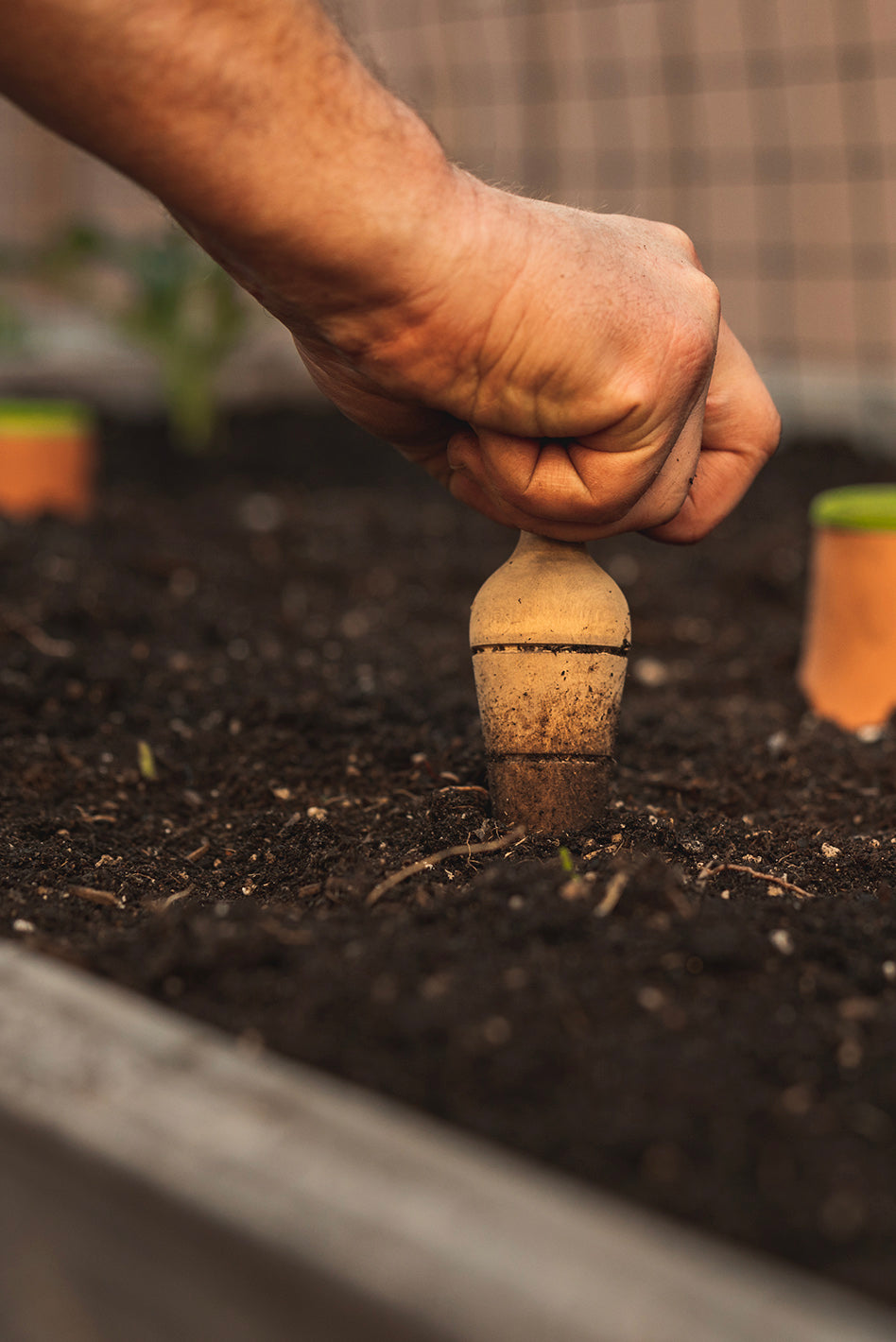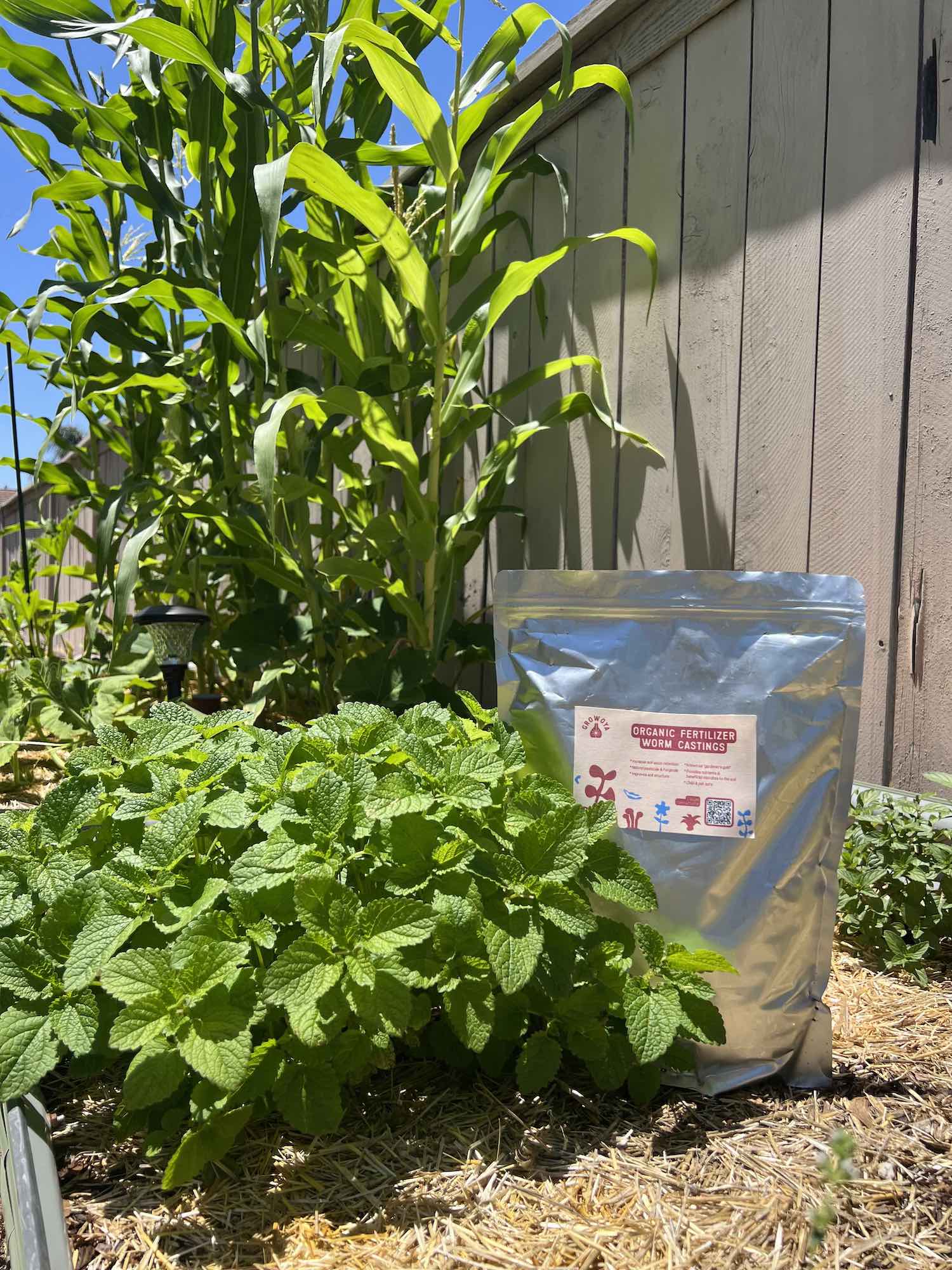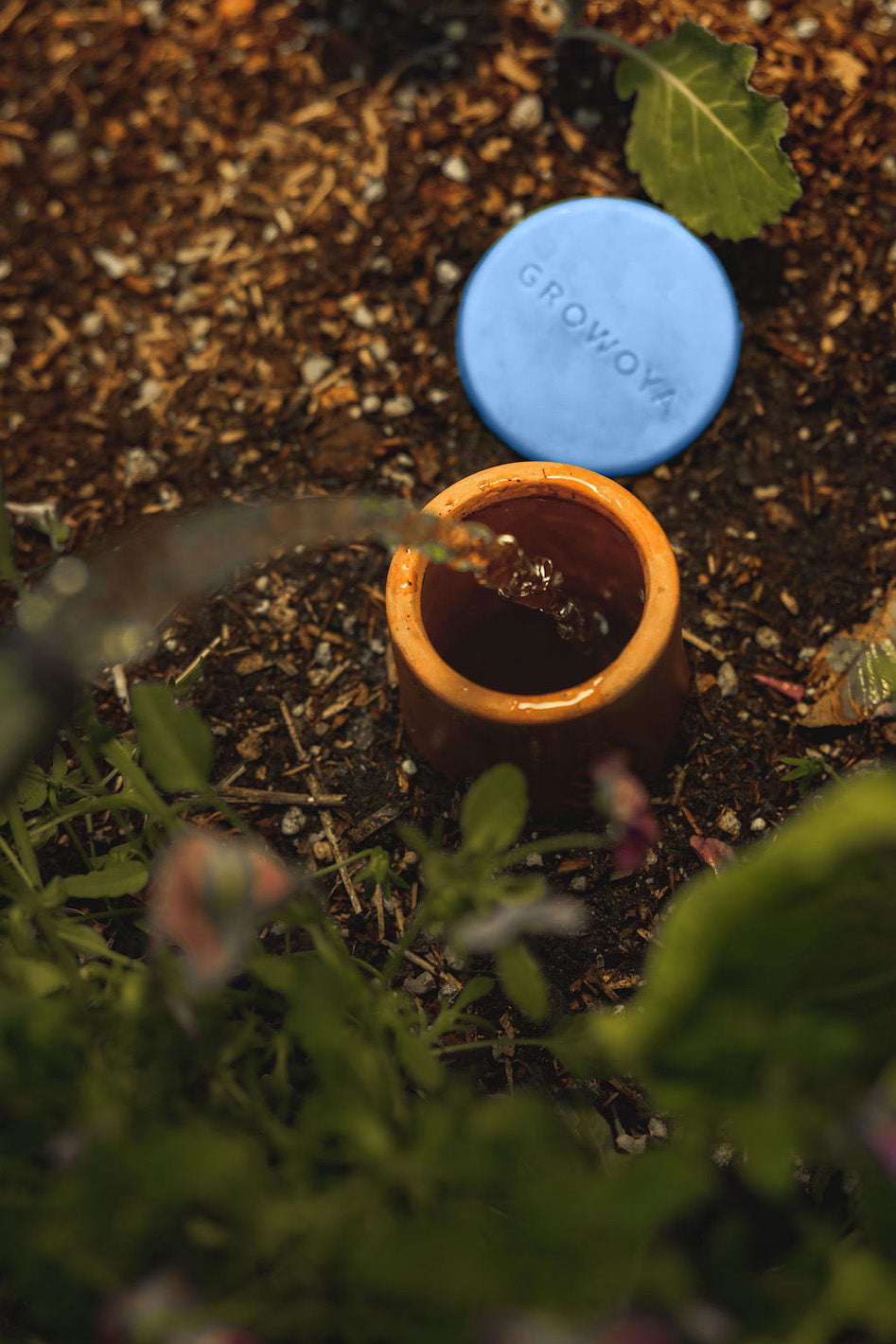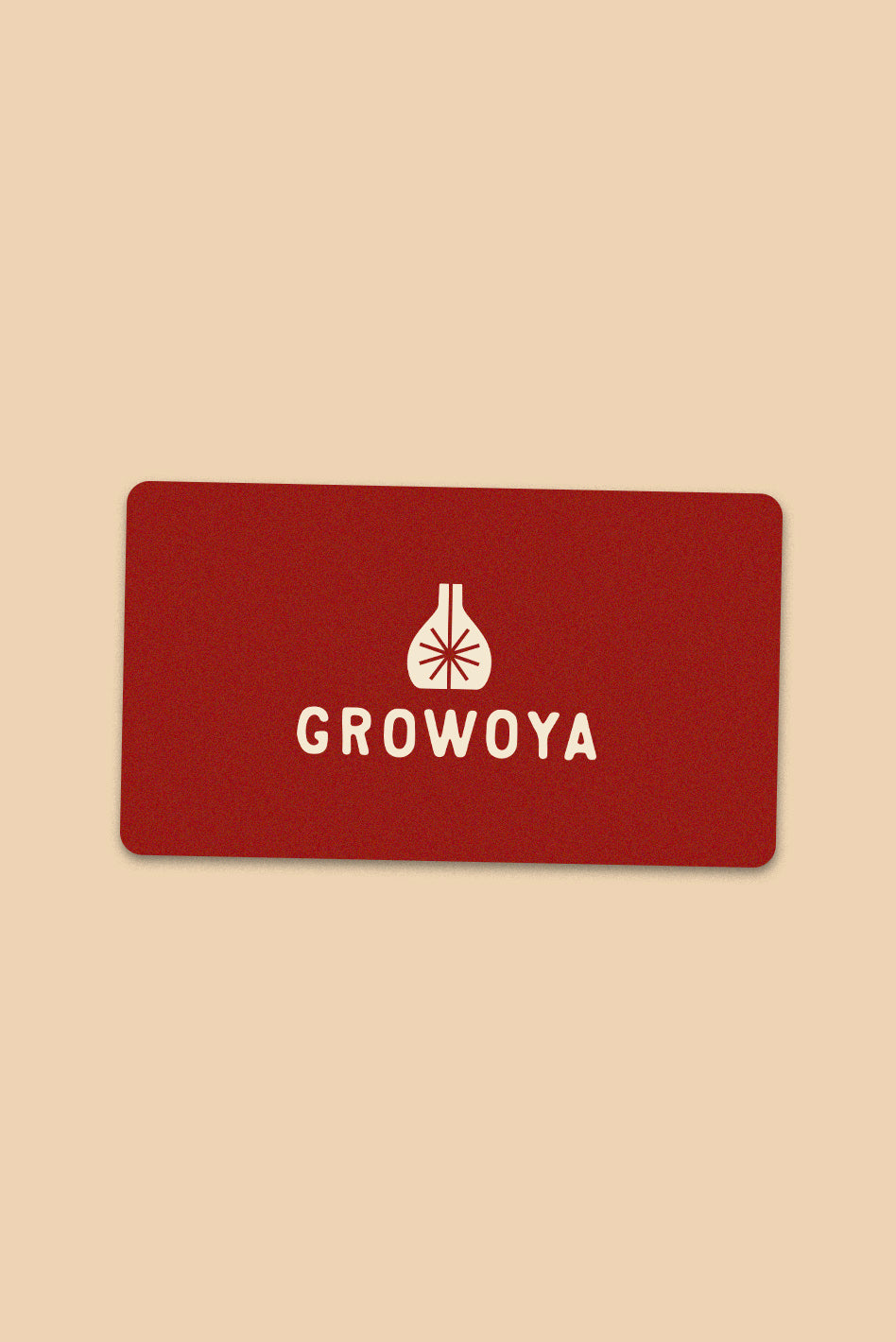Gardening is a fun and rewarding hobby, but it's important to have the right supplies before you get started. This blog post will provide a list of essential gardening supplies that every plant lover should have in their arsenal. From gloves and hand tools to water cans and weeders, we will cover it all!
Supplies You Need for Home Gardening
Every home gardener, pro or not, needs their garden supplies and essential gardening tools to grow that beautiful garden your neighbors will envy. Check your local stores for affordable, high-quality gardening supplies, so you can start now. Here's what you need:
1. Seeds and Seedlings
Seeds or seedlings are the most essential element in starting your home garden. Choose seeds that are appropriate for your climate and the type of plants you want to grow. Consult a gardening expert to help you pick the right seeds for your skill level and set up plant nurseries. For beginners, you can skip the seeds and buy plant seedlings. It will give you a head start and a better chance to succeed.
2. Gardening Gloves
To protect your hands from thorns, sharp leaves, and other hazards, you'll need a good pair of gardening gloves. Look for comfortable and breathable gloves, with a snug fit so they won't fall off while you're working.
If you're looking for gloves that will provide a good grip for tool handles, then consider gloves that are made from latex or rubber. If you're looking for gloves that will protect your hands from getting dirty, then choose gloves that are made from cotton or other absorbent materials. And if you're looking for gloves that will keep your hands warm in cold weather, then choose gloves made from wool or other insulating materials.
3. Garden Tools
A trowel, garden fork, and hoe are essential tools for any gardener. These tools will help you dig holes, turn soil, weed gardens, and more. Look for sturdy metal tools with high-grade tempered steel heads with good grips. Most hand tools today are designed with ergonomic handles.
A trowel is perfect for digging holes and planting bulbs. A garden fork is great for turning over soil, while a hoe is ideal for weed control. You can also get anvil pruners or bypass pruners to keep your plants neat. These tools are great digging and landscape materials, so you can design a real garden you will be proud of. Be careful when using your tools, though, these are sharp objects with blades that can inflict injury to plants.
Don't forget to familiarize yourself with proper garden tool care & maintenance so you keep them in good shape for a long time.
4. Watering Can or A Garden Hose
A watering can is essential for keeping your plants hydrated. Look for one that has a long spout so you can reach all your plants, and choose a size that's comfortable for you; too small and you'll have to refill it constantly, but too large and it will be difficult to carry around. It is great to use for small outdoor container plants and shrubs.
If you have a larger garden, then a garden hose is a necessity. Look for a hose that's made from durable materials and has a good warranty. And make sure to choose a hose that's the right length for your garden; too short, and you'll constantly be moving it around, but too long, and it will be difficult to store.
Choose a garden hose nozzle that allows you to control the water pressure and spray range through different settings, so you can water your plants lightly or heavily as needed. And make sure to choose a nozzle that's comfortable to use; some nozzles can be quite stiff and difficult to operate.
5. Weeders
A good weeder is essential for keeping your garden free of unwanted plants. Look for a weeder that is made from durable material and with a sharp blade that can easily penetrate the soil. And make sure to choose the right size for your garden. Small ones may be ineffective, while larger ones can be difficult to maneuver.
6. Garden Cart or Wheelbarrow
A garden cart or wheelbarrow is great for transporting gardening supplies and materials around your yard. Single-handled wheelbarrows are great for small home gardens but the traditional wheelbarrow will work just fine too.
7. Fertilizers
Fertilizers are plant food that provides nutrients for your plants so they can grow healthy and strong. Unfed plants will suffer from stunted growth, dry leaves, and wilting. Look for organic fertilizers that are formulated for the type of plants you are growing and are easy to apply to your garden soil.
Fertilizers must provide these 3 major nutrients that plants need:
- nitrogen
- phosphorus
- potassium
Your plants also need calcium, sulfur, and magnesium, so look for these nutrients when choosing your plant food.
8. Mulch
Mulch helps retain moisture in the soil and prevents weeds from growing. Look for a mulch that's appropriate for the type of plants you're growing, and apply it around your plants or the base of trees. There is a variety of products available on the market or in your backyard, including:
- bark chips
- straw
- leaves
- grass clippings
If you buy from your local gardening supply store, look for brown mulch color. You can use mulch dry to protect delicate plant roots from extreme temperatures and fungal growth. They will also help make the natural colors of your plant leaves and flowers pop. Scotts mulch is a good commercial brand you can use.
9. Affordable Garden Decor
Keep things interesting by sprucing up your home garden with affordable garden decor like cute garden gnomes, fun fairy garden ornaments, colorful metal planters, and many more. You can even paint metal cans and metal tines bright colors to use as garden accessories or metal planters. Source a variety of products, both unique and conventional products, that will enhance your garden without breaking the bank.
Who needs a landscape designer when you can have fun doing it yourself!?
Additional Supplies for Indoor Gardening
Indoor gardens need extra help, especially if your space lacks sunlight. Creating a real garden indoors is not hard, it just requires extra effort.
1. Grow Light
Grow lights are not necessary for every indoor garden, but they can be helpful in certain situations, especially if your garden space doesn't have access to sunlight. If you have a small space without direct sunlight, grow lights can help you maximize the amount of light that your plants receive. If you live in an area with long winters and short days, then grow lights can help extend the growing season for your plants. If you want to grow plants indoors, you'll need a grow light to provide them with the right amount of light. Look for a grow light that's specifically designed for indoor use, and follow the manufacturer's instructions carefully.
2. Potting Soil
If you are growing an indoor garden, potting or garden soil is essential. If you have delicate plants, potting soil can help protect their roots. If you want to grow plants in containers, then potting soil will provide them with the nutrients they need. Potting soil is crucial in keeping plants healthy and achieving a beautiful garden.
Keep extra soil handy, especially during planting season. You want to make sure you have enough for your plant nurseries and bedding plants whenever you need it.
3. Plant Pots or Containers
You'll need pots or containers to grow your plants in. Choose pots or containers that are the right size for the type of plant you're growing, with drainage holes to prevent waterlogging. And while you're at it, get ones that will enhance and beautify the space as well. Pots, planters, and containers come in different shapes, sizes, colors, and designs. You can also recycle metal cans and metal tines into cute metal planters.
How to Get Free Garden Supplies?
There are a few ways to get free garden supplies. You can check with your local nursery or gardening center to see if they have any plants that need to be divided or transplanted. You can also ask friends and family members if they have any extra seeds or plants that they would be willing to share. Finally, you can check online classifieds websites or Freecycle groups for people who are giving away gardening supplies and accessories.
Recycling garden supplies is fun, you'll never know what gardening stuff you will get. Who knows, you may get enough to create a fun fairy garden or a charming beach fairy garden. The possibilities are endless!
What are the best veggies to grow for beginners?
If you are a novice vegetable gardener, start small. Choose vegetables that are easy to grow and maintain. Some of the best vegetables to grow for beginners are:
- lettuce
- tomatoes
- peppers
- cucumbers.
These vegetables are relatively easy to grow and don't require a lot of care. Just make sure they get access to sunlight and get enough direct sunlight every day. You can also try growing herbs such as basil, oregano, or chives. These plants are also relatively easy to care for and can add flavor to your meals.
Conclusion
With these essential gardening supplies, you'll be ready to start your home garden projects and enjoy your gardening life! Just remember to take things slowly at first, and consult a gardening expert if you have any questions. Happy planting!
